Exploring the Metaverse: Unveiling the Digital Frontier
Introduction
The concept of the metaverse is a growing phenomenon that continues to capture the imagination of tech enthusiasts and innovators alike. But what exactly is the metaverse? In its simplest form, the metaverse can be described as a virtual universe, a digital realm parallel to our physical reality. It is a place where individuals can seamlessly connect, interact, and create within a shared digital space. From gaming and entertainment to social platforms and virtual marketplaces, the metaverse offers a multitude of experiences and possibilities. In this article, we will delve into the intricacies of the metaverse, exploring its origins, components, technological underpinnings, current applications, implications, challenges, and most importantly, its future.

The Origins of the Metaverse
To understand the metaverse, we must trace its origins and explore the early visions and predecessors that led to its conception. Although the term “metaverse” was popularized in Neal Stephenson’s science fiction novel “Snow Crash” in 1992, the idea of a virtual universe existed long before. In fact, it can be argued that early video games, such as William Crowther and Don Woods’ “Colossal Cave Adventure” in the 1970s, laid the foundation for the metaverse. This text-based adventure game allowed players to explore a sprawling virtual world filled with puzzles and quests. As technology advanced, so did the concept of the metaverse, with influential literature and media, such as “The Matrix” trilogy and “Ready Player One,” further propelling its prominence in popular culture.

Understanding the Metaverse: Definition and Components
Defining the metaverse can be a complex task, as it encompasses a wide range of elements and characteristics. In its essence, the metaverse is a vast interconnected network of virtual environments that individuals can access through various digital devices. This interconnectedness is a key feature, allowing users to seamlessly transition between different spaces and experiences within the metaverse. The metaverse heavily relies on virtual reality (VR) and augmented reality (AR) technologies, which provide immersive and interactive experiences. These technologies allow users to fully immerse themselves in the digital realm, blurring the boundaries between the physical and virtual worlds. Furthermore, the metaverse encourages social interactions and collaboration, creating shared environments where users can engage with one another.
The Technology Behind the Metaverse
The metaverse’s existence relies on a robust technological infrastructure that supports its vast connectivity and interactivity. One of the key technologies that underpin the metaverse is blockchain. Blockchain technology, with its decentralized nature, ensures security, transparency, and trust within the metaverse. It allows for the seamless transfer and ownership of digital assets, which is crucial in a virtual ecosystem. Additionally, artificial intelligence (AI) plays a pivotal role in the metaverse by enabling intelligent interactions and dynamic experiences. AI algorithms enhance immersion and interactivity, making the metaverse a more lifelike and engaging environment.
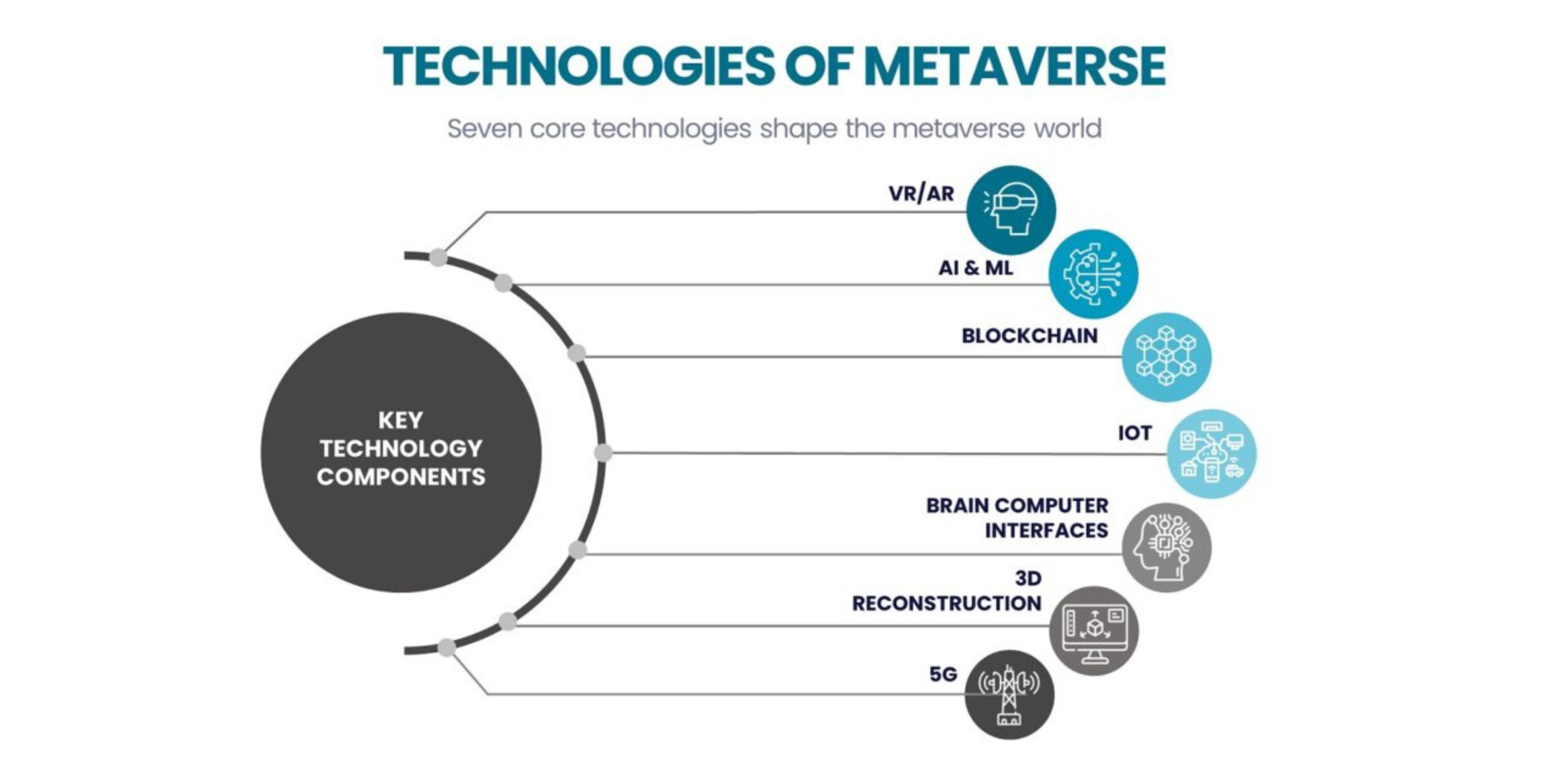
Current Applications of the Metaverse
Currently, one of the most prominent applications of the metaverse is in the gaming and entertainment industry. Virtual worlds like “Fortnite” and “Minecraft” serve as prime examples of how the metaverse can be leveraged to create engaging and immersive gaming experiences. However, the metaverse extends beyond gaming, with social platforms and virtual communities becoming increasingly prevalent. These platforms allow individuals to connect, communicate, and interact within the metaverse, fostering a sense of community and shared experiences. Moreover, e-commerce and virtual marketplaces are thriving in the metaverse, providing opportunities for individuals to buy, sell, and trade virtual goods and services.
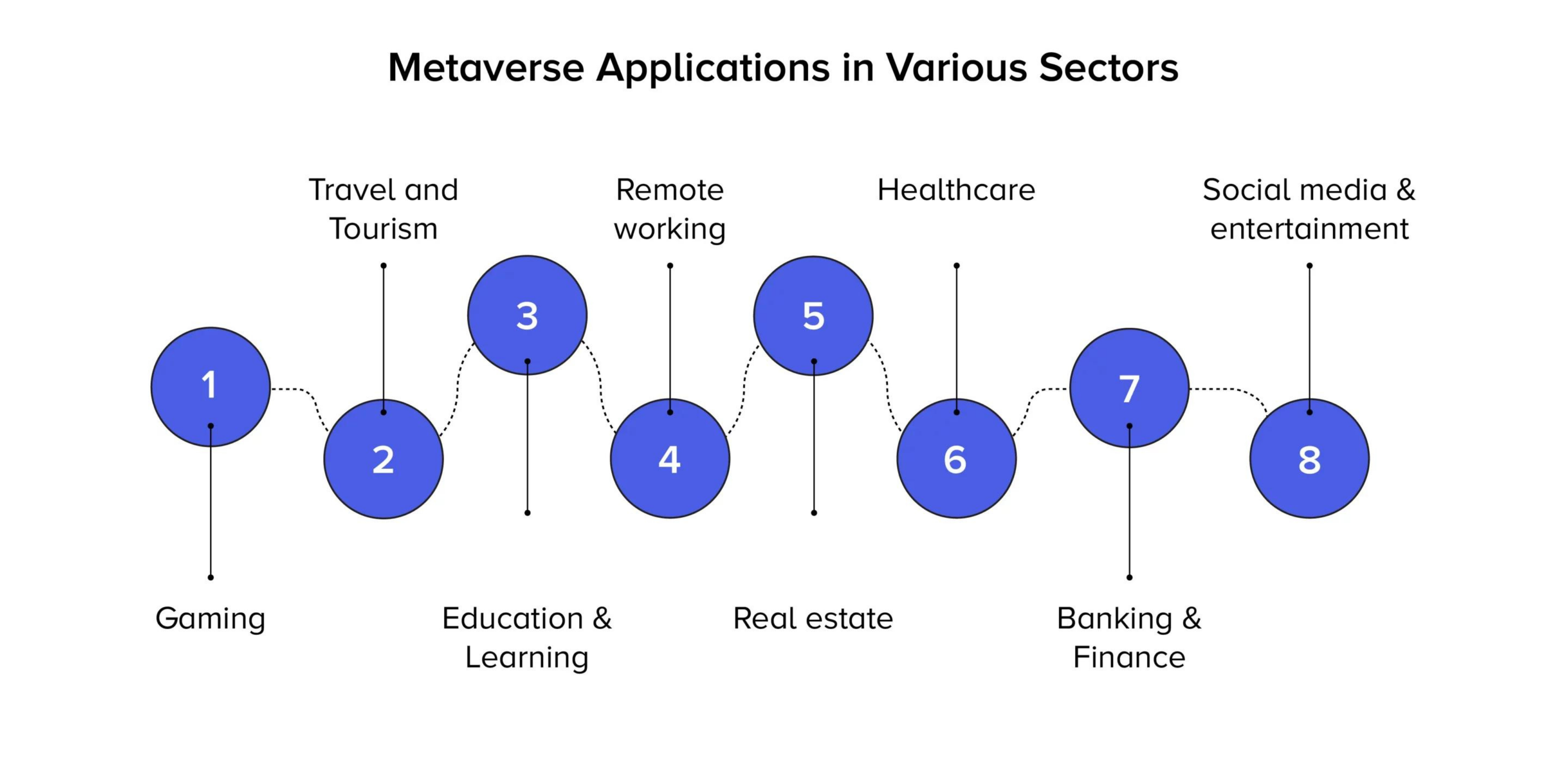
The Implications of the Metaverse
The metaverse has the potential to impact various aspects of our society and economy. Economically, it opens up new avenues for entrepreneurship and innovation, democratizing access and opportunities for individuals from all walks of life. The metaverse can drive job creation and transform industries, such as education, healthcare, and entertainment. Societally, the metaverse has far-reaching implications, challenging social norms and redefining the way we interact with one another. However, with these opportunities come ethical considerations and privacy concerns that must be carefully addressed. Issues surrounding digital rights, ownership, inclusivity, and privacy in the metaverse need to be tackled to ensure a fair and equitable virtual society.

Challenges and Roadblocks Ahead
While the metaverse presents countless possibilities, it is not without its challenges and roadblocks. Technologically, there are still barriers and limitations that need to be overcome. These include hardware restrictions, network infrastructure requirements, and the need for seamless cross-platform compatibility. Additionally, legal and regulatory frameworks need to be established to address intellectual property rights, jurisdictional challenges, and user protection within the metaverse. Furthermore, bridging the digital divide and ensuring equal access and opportunities for all individuals, regardless of their socioeconomic status, remains a significant challenge in realizing the full potential of the metaverse.
The Future of the Metaverse
The metaverse is a dynamic and ever-evolving concept, and its future holds endless possibilities. As technological advancements continue to reshape our world, the metaverse will undoubtedly integrate more seamlessly with our physical reality. As the boundaries between the physical and virtual worlds blur, we can expect to see a greater integration of the metaverse in our daily lives. This integration holds the potential to catalyze societal transformation, revolutionizing the way we work, learn, and experience the world around us.
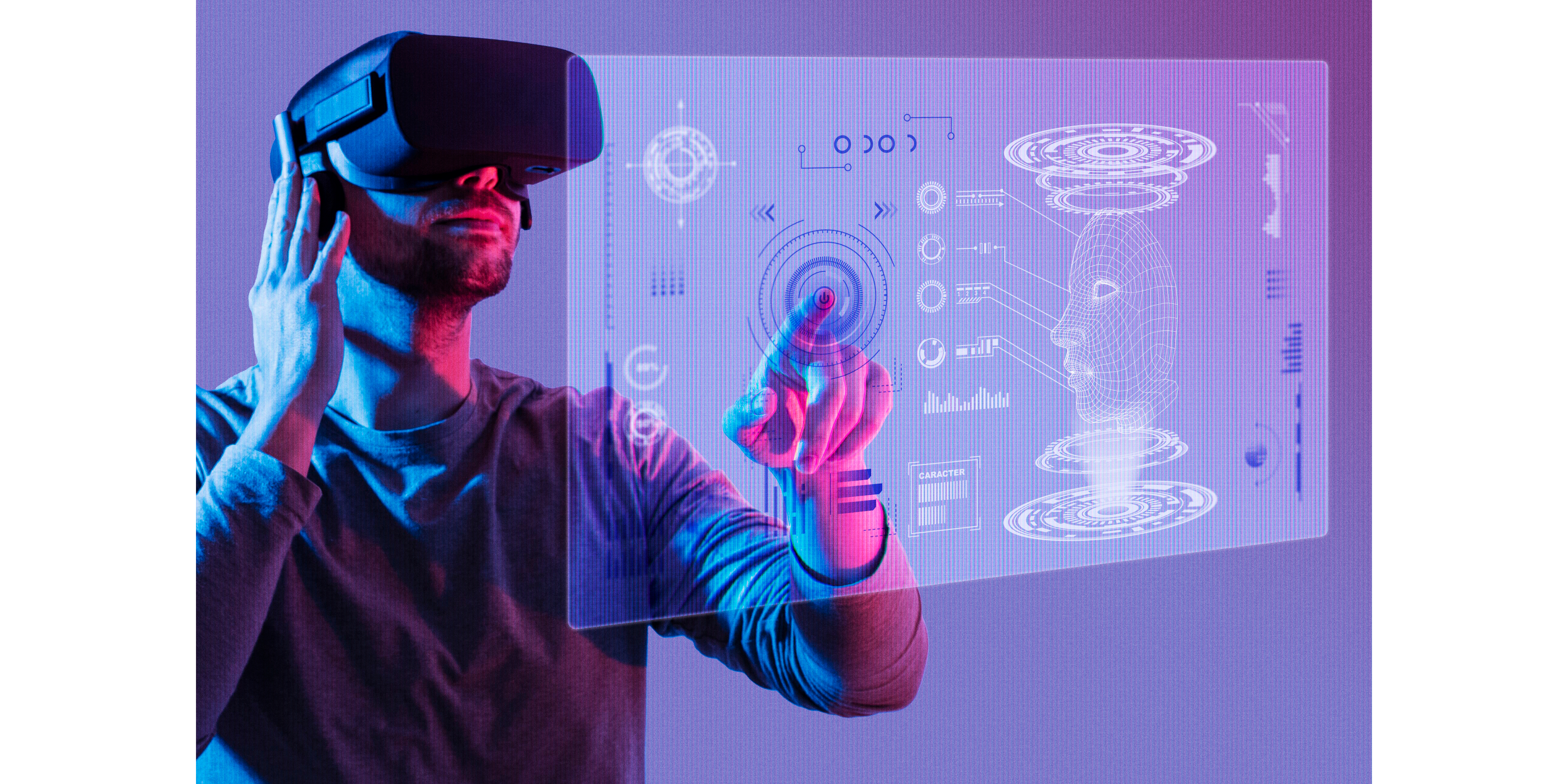
Meta Lifestyle: Living and Working in the Metaverse
As the metaverse becomes more ingrained in our lives, it opens up new opportunities for how we live and work. Remote work and virtual offices are already becoming a reality in the metaverse, allowing individuals to collaborate and work together without the limitations of physical distance. Education and learning environments are also being reimagined, with virtual classrooms and interactive experiences providing new ways of acquiring knowledge. Additionally, virtual tourism and exploration introduce the possibility of experiencing faraway destinations without leaving the comfort of our homes.
Virtual Economies and Cryptocurrencies in the Metaverse
Virtual economies are an integral part of the metaverse, offering individuals the ability to create and monetize digital assets. Digital assets can range from in-game items and virtual real estate to artwork and collectibles. These digital assets can be tokenized using blockchain technology, giving them unique and verifiable ownership. The rise of decentralized finance (DeFi) further enhances the metaverse economy, allowing individuals to engage in financial transactions without the need for intermediaries. Non-fungible tokens (NFTs) have also gained significant attention within the metaverse, revolutionizing the way we perceive and trade digital artwork and collectibles.

Exploring Metaverse Alternatives and Competitors
While the metaverse dominates conversations surrounding virtual universes, it is not the only concept in existence. Virtual worlds and sandboxes, like Second Life and Decentral and, offer similar experiences but with distinct differences. It is essential to understand the distinctions between these concepts to fully appreciate the unique value propositions they bring to the table.
Metaverse Influencers and Game-Changers
The development of the metaverse is not solely driven by technology; it is also shaped by visionary individuals and forward-thinking companies. Visionaries like Mark Zuckerberg, Tim Sweeney, and Palmer Luckey have played instrumental roles in shaping the metaverse landscape. Companies such as Facebook’s Meta, Epic Games, and Decentral and are actively creating and innovating within the metaverse. Collaborations and alliances between these influential players further strengthen the metaverse ecosystem, fostering continued growth and advancement.
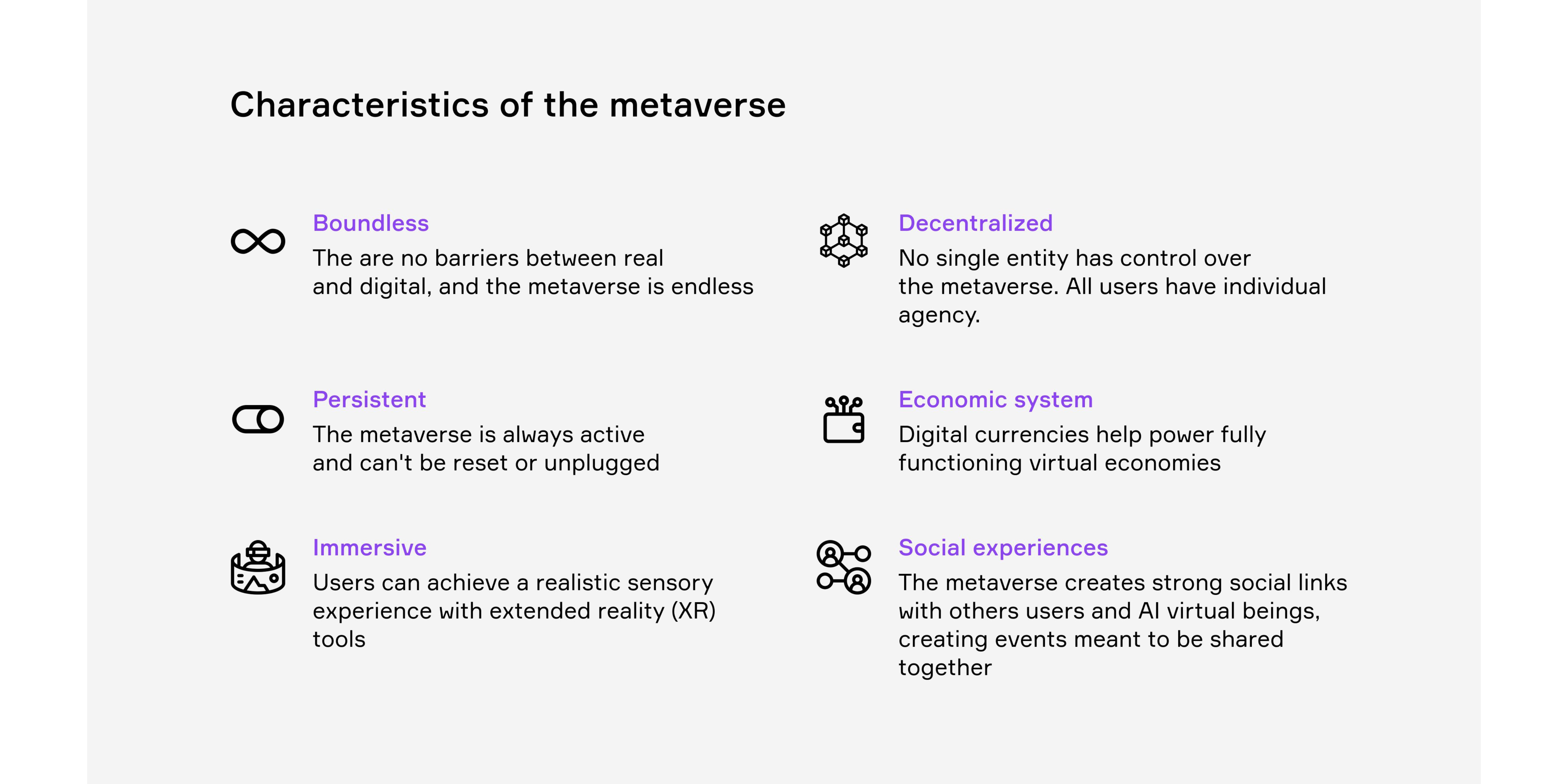
Environmental Sustainability and the Metaverse
With the growing prominence of the metaverse, concerns regarding its environmental impact arise. The metaverse’s energy consumption, especially in rendering complex virtual environments and powering virtual reality devices, cannot be overlooked. To ensure a sustainable future, strategies for energy efficiency and carbon neutrality must be implemented within the metaverse. Green initiatives and eco-friendly practices should be adopted to minimize the ecological footprint of virtual ecosystems.
Ethical Considerations in the Metaverse
As the metaverse becomes an integral part of our lives, several ethical considerations must be taken into account. Issues such as digital rights and ownership, intellectual property, and the spread of fake news and misinformation need to be addressed within the metaverse. Additionally, inclusivity and combating discrimination are vital to creating a fair and equitable digital society. Efforts must be made to ensure that the metaverse represents diversity and provides equal opportunities for all individuals.
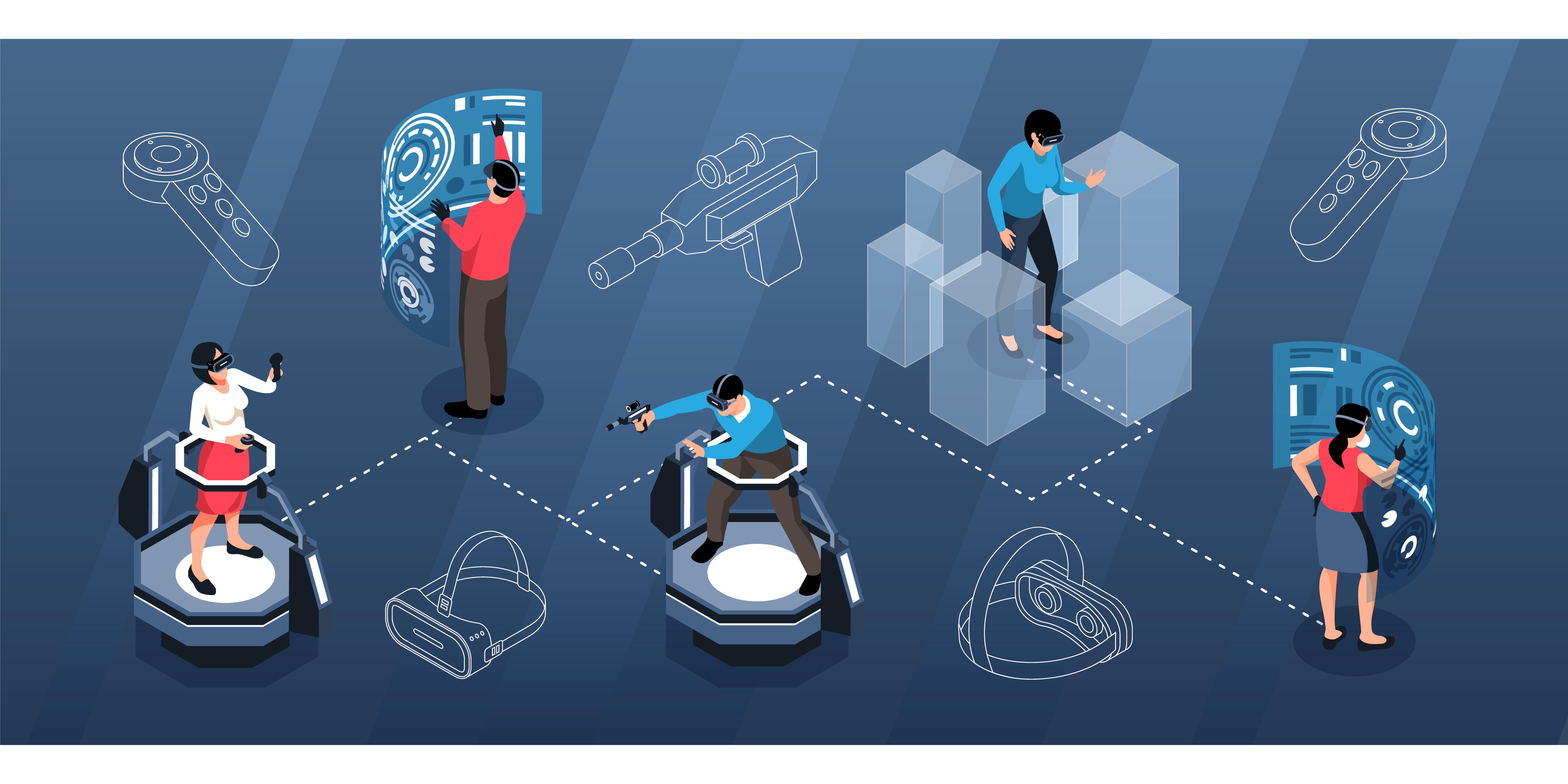
The Metaverse and the Human Experience
As the metaverse becomes increasingly intertwined with our daily lives, it is essential to examine its impact on the human experience. The metaverse has the potential to reshape social interactions and relationships, offering new ways to connect and collaborate with others. However, it is crucial to consider the psychological implications and mental health considerations that come with prolonged engagement in virtual environments. Additionally, the metaverse can act as a catalyst for reinventing creativity and self-expression, providing individuals with unique avenues to showcase their talents and ideas.
Opportunities for Entrepreneurs and Innovators
The rise of the metaverse creates an abundance of opportunities for entrepreneurs and innovators. Metaverse start-ups are emerging, seeking to capitalize on the vast and untapped potential of this digital frontier. Investment and venture capital in the metaverse are also proliferating as investors recognize the transformative power of this technology. Identifying emerging sectors and niches within the metaverse allows entrepreneurs to carve out their space and contribute to the growth and development of this virtual universe.
Legal and Regulatory Frameworks for the Metaverse
As the metaverse evolves, it necessitates the establishment of legal and regulatory frameworks to protect users’ rights and ensure a fair and secure environment. Intellectual property rights within virtual spaces must be defined and protected, allowing creators to monetize their digital assets and creations. Jurisdictional challenges, especially in cross-border interactions and transactions, need to be addressed to promote a cohesive global metaverse. Finding the right balance between regulation and innovation is crucial to foster a thriving and sustainable metaverse ecosystem.

The Metaverse and Government Policies
Collaboration between the public and private sectors is essential for the successful integration of the metaverse into society. Governments around the world are recognizing the potential of the metaverse and are formulating strategies to embrace and optimize its applications. National strategies for metaverse adoption can serve as a framework to guide policy decisions and investments. However, finding the delicate balance between regulation and innovation is crucial to avoid stifling creativity while maintaining user protection and privacy.
Frequently Asked Questions
The metaverse is a vast interconnected network of virtual environments, while virtual reality refers to a fully immersive digital experience.
The metaverse has the potential to revolutionize the entertainment industry by offering immersive and interactive experiences across various media and platforms.
Risks associated with the metaverse include issues of privacy, digital rights, cybersecurity, and the spread of misinformation.
Conclusion
The metaverse represents a digital frontier that holds immense potential for innovation, creativity, and societal transformation. As technology continues to evolve, so too will the metaverse, blurring the lines between the physical and virtual worlds. However, as we venture into this uncharted territory, it is crucial to address the challenges and ethical considerations that arise. By fostering collaboration, embracing diversity, and ensuring a sustainable and inclusive metaverse, we can collectively shape a future where the possibilities within the digital realm are endless.
